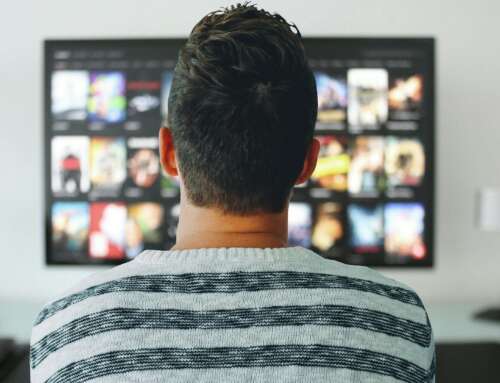I’m going to suggest something controversial – body image can be just as much an issue for men as it is for women, it’s just that we rarely hear about it from men themselves.
We know that talking and being emotionally vulnerable can be hard for men. Add to the equation an ultra-sensitive sore point like body dissatisfaction, and the disorders and difficult feelings that can come from that, and that’s a tough wall to penetrate.
Some men will seek medical advice (see SBS’s series Dr Christian Will See You Now) but research shows men are more likely to suffer alone in silence.
A recent study by The University of Sydney found males with body image issues and eating disorders are up to four times more likely to go undiagnosed than females.
And consider these statistics:
25 percent of all people with anorexia nervosa or bulimia nervosa are male.
40 percent of people with a binge eating disorder are male.
42 percent of males who have eating disorders identify as gay.
45 percent of Western men are unhappy with their bodies in some way, rising from 15 percent 25 years ago.
25 percent of Australian men in a healthy weight range believe they’re fat.
3 percent of Australian teenage boys use muscle-enhancing drugs like steroids.
Keep in mind the stigma surrounding these issues for men means cases are under-reported. There’s still the misconception among men that body image issues and eating disorders only affect women.
For a long time, I thought the same. I’ve felt a lot of shame for struggling with body dysmorphia and the eating disorders I’ve experienced for most of my life. I still do. I’ve spent a good amount of the time trying to deal with this myself, but that’s a losing game when everywhere around me are images of perfection. I feel like a failure that I can’t achieve that.
As it does with women, the media has a lot to answer for when it comes to its effect on men. It has set a bar of Greek godlike perfection that bombards men from newsstands, TV shows and ads, and movies, feeding insecurities and feelings of inadequacy. Men don’t live in a media vacuum. They don’t just shrug off what they see in a way that perhaps as men they’re expected to.
Personal trainer and former competitive body builder Adam Pisano believes popular culture has set an unrealistic benchmark of hyper-muscularity for men.
It’s feeding the rise of muscle dysmorphia or “bigorexia”. A disorder that mainly affects men, it’s an obsession with feeling too small and underdeveloped. Anabolic steroids, and extreme exercise and diet are used to bulk up to massive proportions.
– Jim Mitchell
Read More: We need to talk about male body image







Great post spot on observations…. Well done.